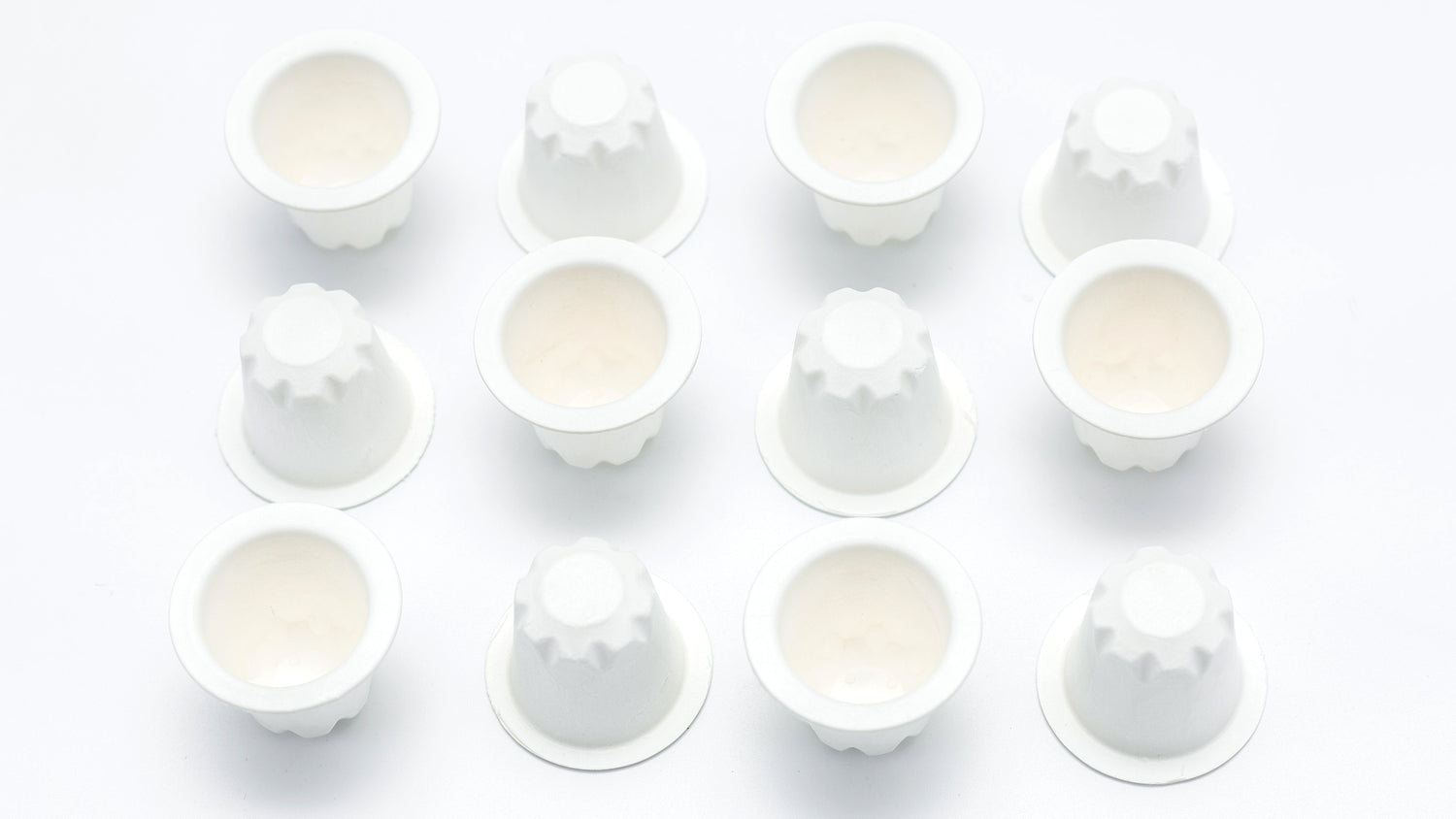Sustainability and Innovation: The Rise of Coffee Pods Made from Bagasse Pulp
Share
In modern society, with growing environmental awareness and changing consumer demands, both businesses and individuals are increasingly focusing on sustainable development. Coffee, one of the world's most popular beverages, is being consumed in ever-growing quantities. However, the environmental issues caused by traditional coffee pods are becoming more pronounced. As a result, coffee pods made from bagasse pulp are emerging as a significant innovation in the field of environmental protection, garnering widespread attention.
Bagasse: Utilizing a Renewable Resource
Bagasse is a byproduct of sugarcane processing, typically considered waste. Given the enormous global production of sugarcane, the amount of bagasse generated is substantial. Repurposing this bagasse not only reduces environmental pollution but also transforms it into valuable products. One such innovative application is the production of coffee pods from bagasse.
Manufacturing Process
- Collection and Processing: The first step involves collecting the bagasse after sugarcane juice extraction, followed by cleaning and disinfecting to remove impurities.
- Fiber Extraction: Mechanical or chemical methods are used to extract fibers from the bagasse.
- Molding: The extracted fibers are mixed with water and natural binders, then molded into the shape of coffee pods under high temperature and pressure.
- Drying and Shaping: The molded coffee pods are then dried and shaped to ensure they have good physical properties and biodegradability.
Environmental Advantages
Coffee pods made from bagasse pulp offer several environmental benefits:
- Biodegradability: These pods are made from bio-based materials and are highly biodegradable. They decompose naturally after use, reducing environmental pollution.
- Reduction in Plastic Use: Unlike traditional plastic coffee pods, bagasse pods contain no plastic, thereby minimizing plastic waste from the source.
- Lower Carbon Footprint: The production process of bagasse coffee pods consumes less energy, and sugarcane absorbs carbon dioxide during growth, resulting in a lower carbon footprint throughout its lifecycle.
- Resource Recycling: Converting agricultural waste like bagasse into valuable products promotes resource recycling and reduces waste.
Market Potential
With increasing environmental awareness and rising consumer demand for sustainable products, coffee pods made from bagasse pulp have significant market potential. More and more companies are investing in the research and production of this technology.
Consumer Awareness and Acceptance
An increasing number of consumers are willing to pay for environmentally friendly products. They not only care about the quality and taste of the coffee but also the environmental attributes of the product. Bagasse coffee pods, with their environmental benefits, are gradually winning consumer favor.
Policy Support
Many governments and regions are actively promoting environmental policies that encourage businesses to adopt sustainable materials. These policy supports provide a favorable environment for the development of companies producing bagasse coffee pods.
Future Prospects
The application of coffee pods made from bagasse pulp represents not just an environmental innovation but also a crucial step towards sustainable development. With continued technological advancements and expanding market demand, bagasse coffee pods are poised to become an integral part of coffee consumption.
Moreover, this innovation offers a model for the utilization of other renewable resources. We hope that more companies and research institutions will participate in this endeavor, collectively advancing environmental technology and contributing to a sustainable future for our planet.
In conclusion, the rise of coffee pods made from bagasse pulp signifies not only an environmental trend but also a significant attempt at sustainable development. Through ongoing innovation and effort, we can look forward to a greener and more sustainable world.


